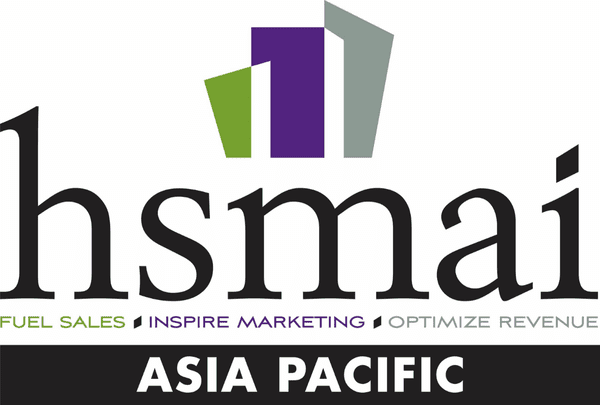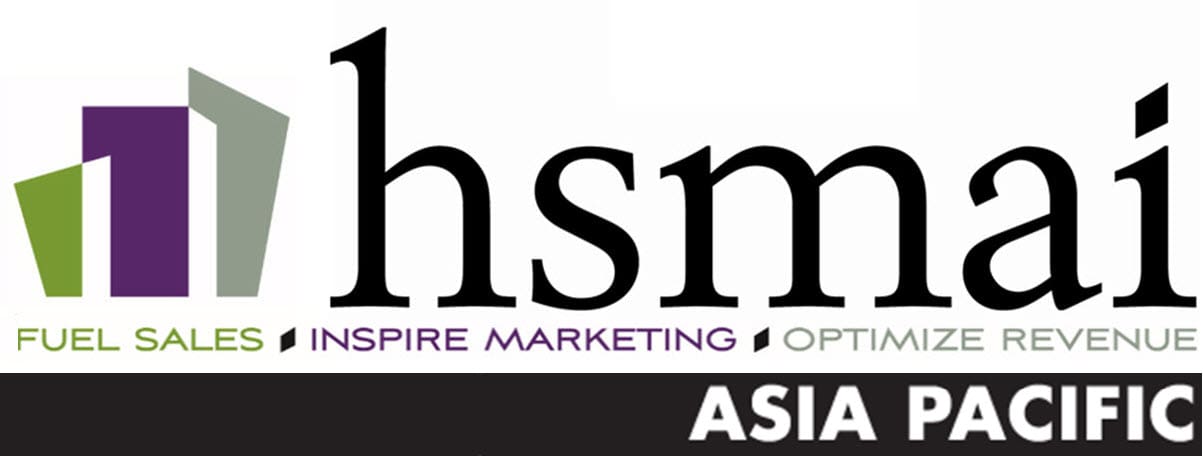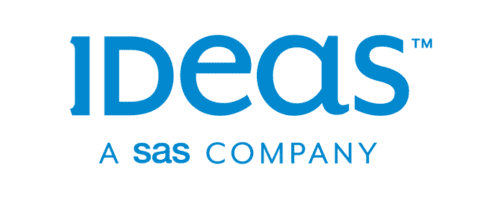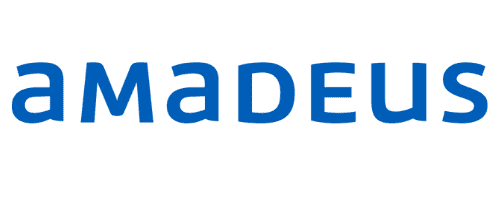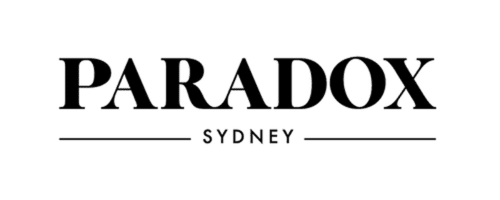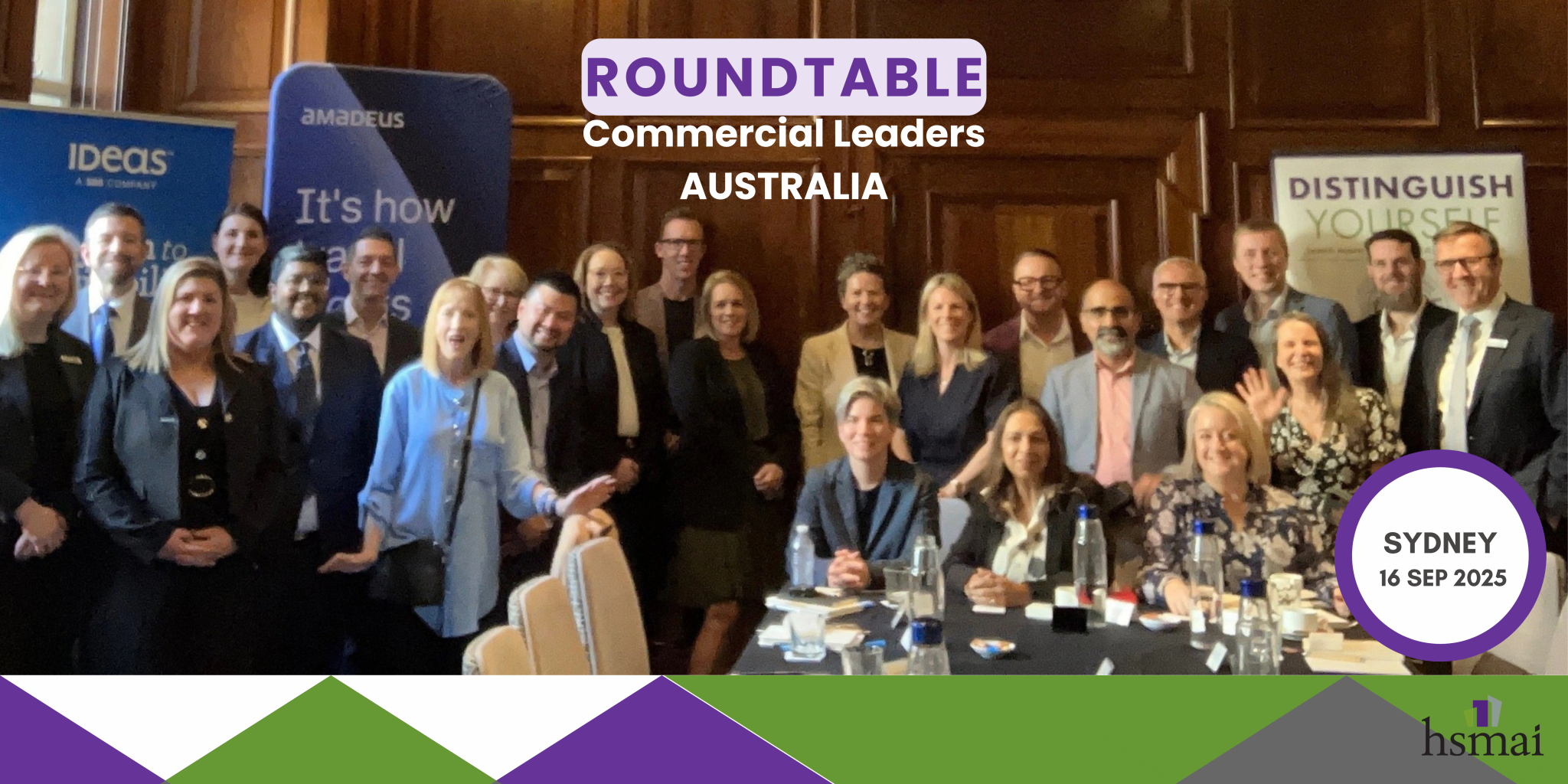
Navigating the Next Wave: Hotel Leaders Tackle AI, Pricing, and Distribution
A recent HSMAI roundtable brought together a dynamic group of hotel commercial leaders to dissect the most pressing challenges and opportunities facing the industry. The conversation, held on September 16, 2025, was candid and insightful, moving from the strategic imperative of Artificial Intelligence to the long-standing debates on corporate pricing and wholesale distribution. The overarching theme was clear: in an era of unprecedented technological acceleration, a “wait and see” approach is no longer a viable strategy.
The AI Imperative: A Race for Relevance
The discussion was dominated by the multifaceted impact of AI on hotel operations and distribution. Leaders acknowledged that while AI has been a buzzword for years, its recent evolution into a consumer-facing tool has created a critical inflection point for the industry.
The Evolving Search Landscape
The conversation began with a simple but profound question from a hotelier’s client: “How do I get my hotel on that ChatGPT thing?”. This highlighted a fundamental shift in discovery. It’s no longer just about Google; the ecosystem now includes a vast array of AI-powered platforms, including:
- Major OTAs: Booking.com, Expedia, and Airbnb, which have all integrated AI features into their search functions.
- Voice Assistants: Amazon Alexa, Google Assistant, and Apple’s Siri are increasingly used for conversational hotel searches.
- Corporate Platforms: Tools like Concur now leverage AI for expense management and travel booking.
A palpable sense of urgency filled the room. Several leaders warned that inaction could lead to a repeat of the industry’s costly mistakes with OTAs 15 years ago. While some suggested waiting for the major players to innovate and then paying for placement, the prevailing view was that a small, critical window exists for hotels to take control of their digital presence.
From SEO to LLMs: The New Rules of Visibility
The group agreed that traditional Search Engine Optimization (SEO) tactics are becoming insufficient. The new frontier is optimizing for Large Language Models (LLMs), the technology underpinning AI chatbots. Key takeaways included:
- Conversational Content: As more users interact with AI via voice, website content must become more conversational. FAQs and property descriptions should directly answer the specific, nuanced questions that guests are asking.
- Freshness and Relevance: LLMs constantly seek fresh content. This requires a continuous strategy, not a “set and forget” mindset.
- Strategic Partnerships: Leaders emphasized the need to actively question technology partners—from website developers to booking engine providers like Amadeus and SiteMinder—about their AI strategy.
Guest Trust and the AI Experience
Roundtable members acknowledged a tension: while travelers are increasingly comfortable using AI to plan trips, many are not yet ready to have hotels proactively use AI to engage them. AI-generated confirmation calls and chatbots, for example, raise questions of trust, security, and guest comfort.
Several executives emphasized the need to test adoption by market segment and demographic. Younger travelers may welcome AI-driven personalization, while others may view it as intrusive. The consensus: AI should enhance, not replace, human interaction.
Security, Strategy, and Budget
The conversation also addressed the significant operational challenges. The risk of staff inputting sensitive data, like P&L files, into public AI models is a major concern. The solution, many agreed, lies in adopting secure, enterprise-level tools like Microsoft Co-pilot, which keep data within a company’s firewall.
Ultimately, the challenge comes down to strategy and budget. Leaders debated whose responsibility AI should be—marketing, revenue, or a combined commercial effort. The consensus was that it must be a cross-functional priority. Justifying the investment without a clear, immediate ROI remains a hurdle. The key, as one participant noted, is to frame it not as a direct revenue generator but as a crucial cost of “staying relevant” and gaining operational efficiencies.
The Corporate Pricing Conundrum: Dynamic vs. Static
The discussion pivoted to the enduring and often “controversial” topic of corporate pricing. The resistance to dynamic pricing from Travel Management Companies (TMCs) and some corporate clients remains strong, with many still defaulting to a demand for static, negotiated rates.
Leaders identified a key misconception: many corporates equate dynamic pricing with being expensive21. The reality is often the opposite, as discounts off a fluctuating BAR can provide significant value. The onus is on sales and revenue teams to perform the analysis and present undeniable data to their clients.
A significant breakthrough shared was the successful transition of an entire hotel brand’s regional portfolio to non-Last Room Availability (LRA) contracts. This bold move challenged a long-held industry “must-have” and proved that clients will adapt, demonstrating that established norms can and should be questioned.
Furthermore, it was stressed that commercial leaders must understand the technology their distribution partners use. TMCs like CTM and FCM utilize their own booking tools (e.g., Citric, QBT) that aggregate content from multiple sources, not just the GDS. Understanding how a property appears through the agent’s “lens” is critical to influencing bookings.
Taming the Wholesale Beast
Finally, the group touched upon managing wholesale rates and the persistent issue of leakage. The most effective strategy shared was to work with a few key, trusted partners and enforce tight restrictions, particularly in markets known for unauthorized redistribution.
Key Takeaways for Hotel Leaders
- Act now on AI readiness – Waiting risks losing visibility to OTAs and third parties.
- Pressure your partners – Booking engine and website providers must innovate quickly.
- Balance guest trust with innovation – Roll out AI cautiously, respecting demographics and market preferences.
- Anchor investment decisions in ROI – Frame AI spend as staying relevant, not optional.
- Challenge corporate pricing conventions – Dynamic models will eventually prevail; the industry must lead, not follow.
Conclusion
The roundtable concluded with a shared understanding that the commercial landscape is being reshaped at a dizzying pace. The rise of AI is not merely another marketing channel; it is a fundamental layer being added to every facet of the business. From how guests find hotels to how corporate rates are negotiated, technology is forcing the industry to be more agile, strategic, and brave. The leaders who will succeed are those who are not just asking the right questions today, but are actively building the frameworks to answer them for tomorrow.
